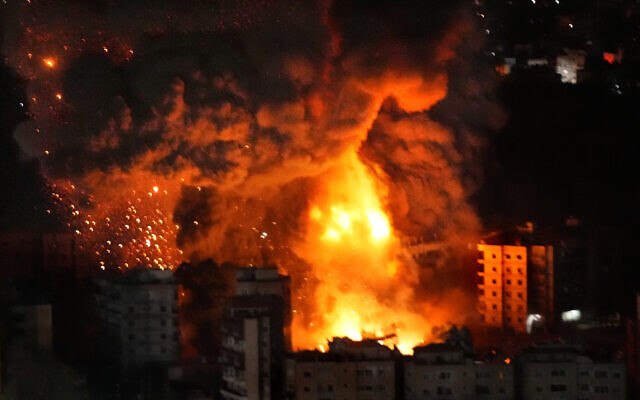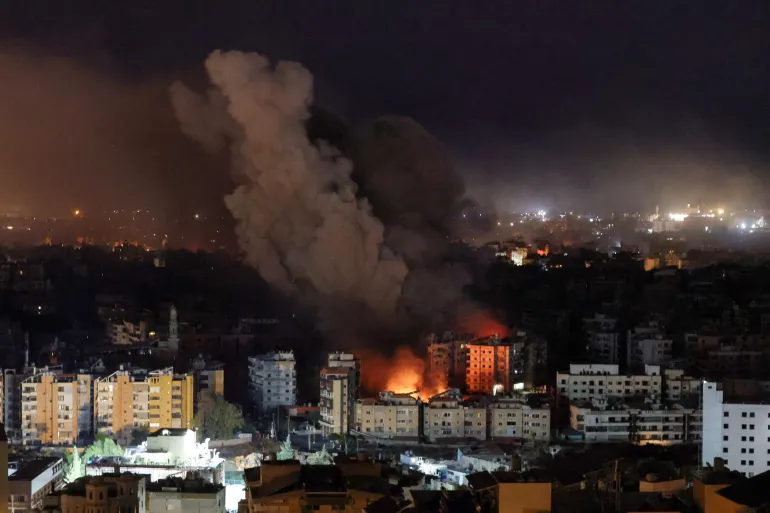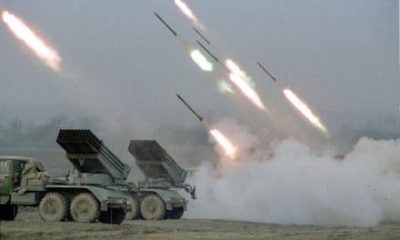WORLD NEWS
Iraq to send thousands of fighters to Hassan Nasrallah – Report

Iraq has made a bold promise to support Hassan Nasrallah, the leader of Hezbollah, by offering thousands of fighters as part of a broader regional solidarity movement. In a recent statement, Abu Ala al-Walai, a prominent figure within the Iraqi Popular Mobilization Forces (PMF), declared, “If necessary, thousands of Iraqi soldiers of popular mobilization will swell the ranks and trenches of the Lebanese martyrs.”
This commitment underscores the deepening ties between Iraqi factions and Hezbollah, reflecting a shared ideological and strategic alignment against perceived threats in the region.
The Iraqi PMF, a coalition of mostly Shiite militias formed to combat ISIS, has positioned itself as a vital player in regional conflicts, often rallying to support fellow Shiite groups across borders.
This declaration not only signals Iraq’s willingness to engage in broader conflicts beyond its borders but also highlights the intricate web of alliances that characterize the Middle Eastern geopolitical landscape.
As tensions rise in the region, such pledges could have significant implications for both Iraq and Lebanon, potentially escalating existing conflicts and drawing in more actors into the fray.
This message resonates with the historical narrative of martyrdom and resistance, emphasizing the camaraderie among groups that view themselves as defenders of the Shiite community.
The potential deployment of these fighters raises questions about the future of regional stability and the ongoing dynamics of sectarian conflict in the Middle East.















You must be logged in to post a comment Login